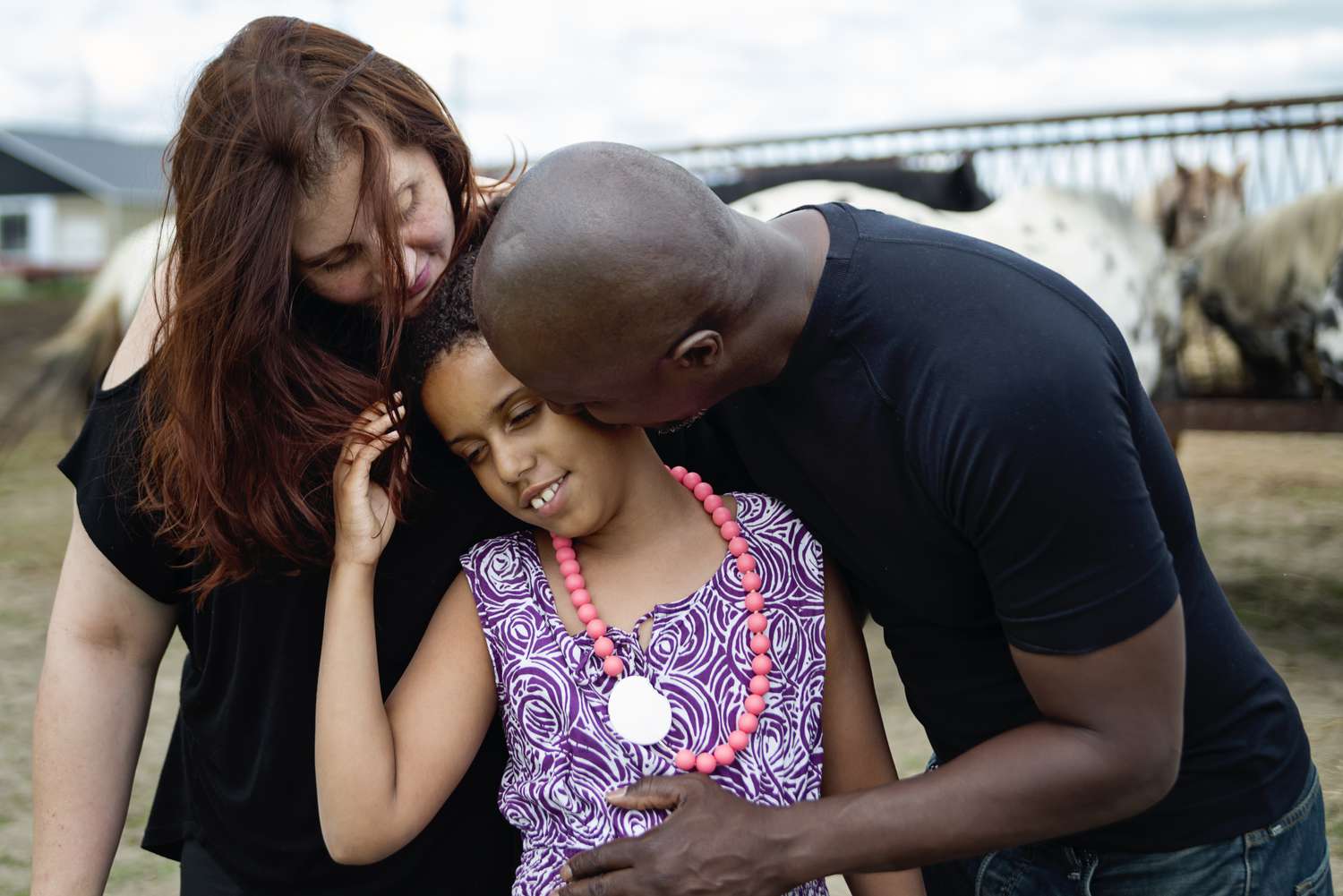Autism Spectrum Disorder (ASD) is a neurological condition that affects individuals in various ways, resulting in challenges with communication, social interaction, and repetitive behaviors. Among the unique characteristics associated with autism, one aspect that significantly impacts autistic kids is “mind-blindness.” In this article, we delve into the meaning of mind-blindness and explore how it can affect and hinder the development of autistic children.
What is Mind-Blindness?
Mind-blindness is a term introduced by British developmental psychologist Simon Baron-Cohen to describe a cognitive phenomenon wherein an individual struggles to understand and infer the mental states of others. Essentially, it is the inability to grasp or empathize with other people’s thoughts, emotions, intentions, or beliefs. In the context of autistic children, mind-blindness leads to difficulties in comprehending social cues, engaging in reciprocal interactions, and forming meaningful relationships.
The Impact on Autistic Kids
Mind-blindness plays a pivotal role in shaping the social and communication challenges faced by autistic children. Here are some ways in which mind-blindness can hinder their development:
- Impaired Social Skills: Mind-blindness impairs the ability to recognize facial expressions, body language, and subtle social cues that most neurotypical individuals effortlessly interpret. As a result, autistic children may struggle to comprehend when someone is happy, sad, or angry, leading to difficulties in responding appropriately in social situations.
- Challenges with Empathy: Empathy is the capacity to understand and share the feelings of others. Mind-blindness in autistic kids can make it difficult for them to empathize with their peers, making it hard to offer emotional support or comprehend the emotional needs of others.
- Limited Theory of Mind: Theory of mind refers to the ability to attribute mental states, such as beliefs, desires, and intentions, to oneself and others. Autistic children often struggle with this aspect due to mind-blindness, impacting their understanding of the intentions behind others’ actions and the reasons for their own behaviors.
- Difficulty with Perspective-Taking: Mind-blindness hinders perspective-taking, making it challenging for autistic children to view situations from others’ viewpoints. This lack of understanding can lead to misinterpretations, conflicts, and social isolation.
- Communication Barriers: Communication involves not only verbal language but also non-verbal cues and context. Mind-blindness can make it hard for autistic children to interpret these elements, leading to misunderstandings and difficulty in expressing themselves effectively.
How to Support Autistic Children with Mind-Blindness
Early intervention and appropriate support can make a significant difference in helping autistic children cope with mind-blindness and improve their social and communication skills. Here are some strategies:
- Social Skills Training: Structured social skills training programs can be beneficial in teaching autistic children how to recognize facial expressions, body language, and emotions, thus enhancing their ability to navigate social interactions successfully.
- Visual Aids: Using visual aids, such as picture cards, emotion charts, and social stories, can help autistic children better understand and express emotions and social situations.
- Role-Playing: Engaging in role-playing activities can provide a safe environment for autistic kids to practice social interactions, perspective-taking, and empathy.
- Encouraging Open Communication: Encourage open communication and create a safe space where autistic children feel comfortable expressing their thoughts and feelings without fear of judgment.
- Collaborating with Educators and Therapists: Collaboration between parents, educators, and therapists is crucial in creating consistent support and intervention plans tailored to the child’s unique needs.
Mind-blindness is a significant challenge faced by autistic children that affects their social, emotional, and communication development. Understanding the impact of mind-blindness allows parents, educators, and therapists to implement effective strategies and interventions to support autistic kids in overcoming these hurdles. With the right support and early intervention, autistic children can develop essential social and communication skills, leading to improved overall well-being and quality of life.

